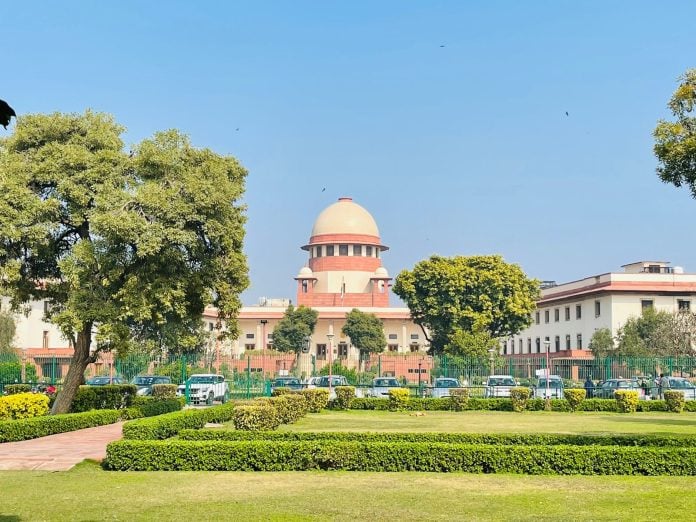The Supreme Court will hear on July 25, a Special Leave Petition, which raises question on whether a charitable trust established by a Muslim can necessarily be a waqf.
The SLP, challenging the September 22, 2011 order of the Bombay High Court, was listed before a Bench headed by Chief Justice of India N.V. Ramana, and also comprising Justice Krishna Murari and Justice Hima Kohli.
Representing the petitioner, Senior Advocate Harish Salve submitted that the issue which needs to be considered was whether every trust should go into Waqf, if the settler was a Muslim.
He also submitted that the state government had reconstituted the Waqf Board and wanted a fresh survey for review of all the properties.
Attorney General K.K. Venugopal pointed out that the impugned order had dissolved the State Waqf Board and requested the bench to confine to the issue of constitution of Waqf.
The AG contended that several other SLPs have been filed against the same order and urged the bench to list all of them together.
The CJI, during the hearing, referred to a two-Judge Bench decision in the case Mohammed Khasim versus Mohammed Dastagir reported in 2006(13) SCC 497, in which it was held that there was no bar to a Muslim creating a simple English trust and that it was not always necessary that a trust created by a Muslim would always be a wakf.
He also quoted a judgement by Justice Altamas Kabir in the matter, which said, “The law is quite clear that there is no bar to a Mohammedan creating a simple English Trust. It is not always necessary that in order to make a settlement of his properties a Mohammedan has always to create a wakf.
“In fact, the said view has been expressed in a Division Bench decision of the Madras High Court in Kassimiah Charities Rajagiri vs Secretary, Madras State Wakf Board, AIR 1964 Madras 18. In the said case, while confronted with a similar question, the Division Bench observed that a Muslim can endow properties to charities either by adopting his favourite mode of creating a wakf or by endowing property conforming to the law of Trusts.
“The question whether a particular endowment amounts to a wakf under the Mohammedan Law or to a Trust as recognised by modern jurisprudence, will have to be decided primarily on a true construction of the document establishing the charity.
“However, it has also been stated in the said decision that vesting of a power of alienation by way of exchange or sale under the document creating wakf is not inconsistent with the document constituting a wakf under the Muslim Law. A dedication to a wakf will not, therefore, cease to be such merely because a power is reserved in the Mutwalli to exchange the wakf lands with other lands or to sell them and purchase other lands so that the lands so taken in exchange or by purchase, might become the subject of the wakf,” noted the CJI, while quoting Justice Kabir. He then observed that the issue seem to be settled by this decision.


